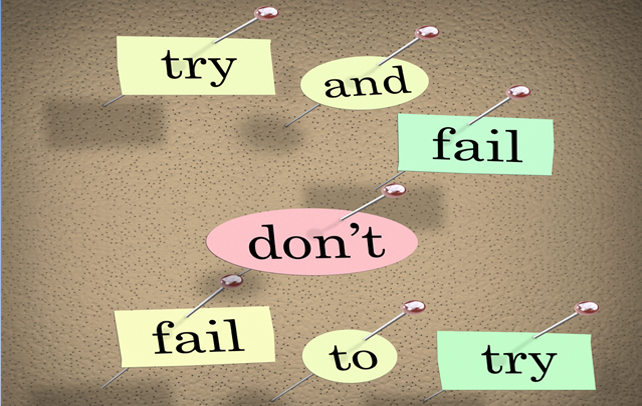Controlling Your Emotions

Emotions, defined in a simple manner can be termed as “a natural instinctive state of mind deriving from one’s circumstances, mood, or relationships with others” or even as “any of the particular feelings that characterize such a state of mind, such as joy, anger, love, hate, horror, etc.” Both the definitions give us an idea of what emotions are; not that we need any introduction to them. They make us what we are and often shape our identity, albeit not permanently. The trouble arises when, instead of a relationship of mutual respect, they start to govern our lives and actions. A person who gives in to his emotions at the drop of a hat is termed difficult. People tend to view them in a negative light even if their sudden impulsive actions are often against their basic nature. Wearing your heart on your sleeve’ is not always a feasible option. Therefore, projecting emotions, which are positive and overcoming negative emotions are important points of study to live cordially in a society.
Emotional Control
Different people have different techniques to control and counter their emotional upsurges. Yet there remain many inherent similarities in the methods that each of us adopt. A comprehensive list of the methods would accommodate many techniques that may not be feasible. Below presented is a summation of expert tips on how to control your emotions.
Know Yourself
The first step to controlling all your unwanted emotions is to know yourself. Sounds odd? It would, but then it is really the first step. Controlling your emotions require a deep understanding of why you succumb to that particular emotion in the first place. On a primary level, knowing the cause is the first step to stopping anything. In certain cases, there can be causes which stretch far back to your childhood with which you might need professional help. Don’t be shy to seek that help!
The Initial Reaction
An emotion takes hold of you depending on how you react and allow your thoughts to dwell on it. It works the same way as fire when oil is poured on it. Dwelling on a negative emotion is only going to make you succumb to it. Experts on the subject claim that this could be prevented by forcing yourself to indulge in something that is random and divert your thoughts away from the ‘emotion–inducing’ matter. The technique of counting from 1 to 10 and others are based on this principle.
Objective Conditions
As an emotion takes hold of you and you fear you are about to give in to it, move to a different location that relaxes you. Away from the immediate conditions that aroused the emotion, analyze the conditions and try finding out what factor triggered the emotion in the first place. This can help you understand what factors would cause an upsurge in emotion and in what particular situations.
Developing Alternative Reactions
This is a step that could closely follow the above step. Once you have analyzed the objective conditions, you can always try to develop an alternative reaction. Instead of readily giving in to anger and shouting, you could develop an alternative reaction like singing in a low voice that will do no harm to yourself or others around you. Of course, singing would be among the last things that would come to your mind when you are angry but as it’s said, practice makes one perfect.
Identifying Role Models
If you have any notion that you are the only one, who is prone to emotional outbursts, then cast your worries aside. There are many around you who had undergone the same feelings as you but have successfully managed to come out of the conundrum. Look closely around and find people who are in the same situation as you but react calmly. Observe their techniques and if need be, even talk to them about it. You can either use the same technique or tweak them to develop your own.
Be A Constructive Critic Of Yourself
Even when you have followed the above steps, there are chances that you might not completely succeed initially. There might be occasions where emotions may overpower your resolve. Do not give up in such situations. Be your own critic and look at where exactly you have failed to follow your plan. Resolve the shortcomings and start all over again. In case you have lived up to your expectations, then give yourself a small pat on the back and work on improving the techniques. Being a constructive critic also means that you have to make sure you do not chide yourself to such an extent that you lose all motivation to try again.
Knowing What To Express And How
Not all emotions are termed or seen as negative. There are situations where even the negative emotions can be constructively expressed. The aim should not be to bottle up your emotions as that would have undesirable effects. Rather, channelizing your negative emotions to positive energy should be the idea. Sportspersons resort to this technique very often to keep them motivated and focused. It is also important that no emotions should be blocked completely; just express them discreetly.
Emotions make life beautiful and the relationships in life meaningful. A life bare of emotions is not possible, but when they start governing even your most simple actions, then they make living life impossible. If left uncontrolled, they plunge you to depths from which it becomes difficult to climb out. If used to the optimum, they are invaluably beautiful. Being their master is the only compatible way of dealing with them. It is like dealing with an enemy; any sign of weakness and they are on you in an instant trying to pull you down. The techniques that we develop should become part of our habit and only in this way can emotions be truly mastered.












